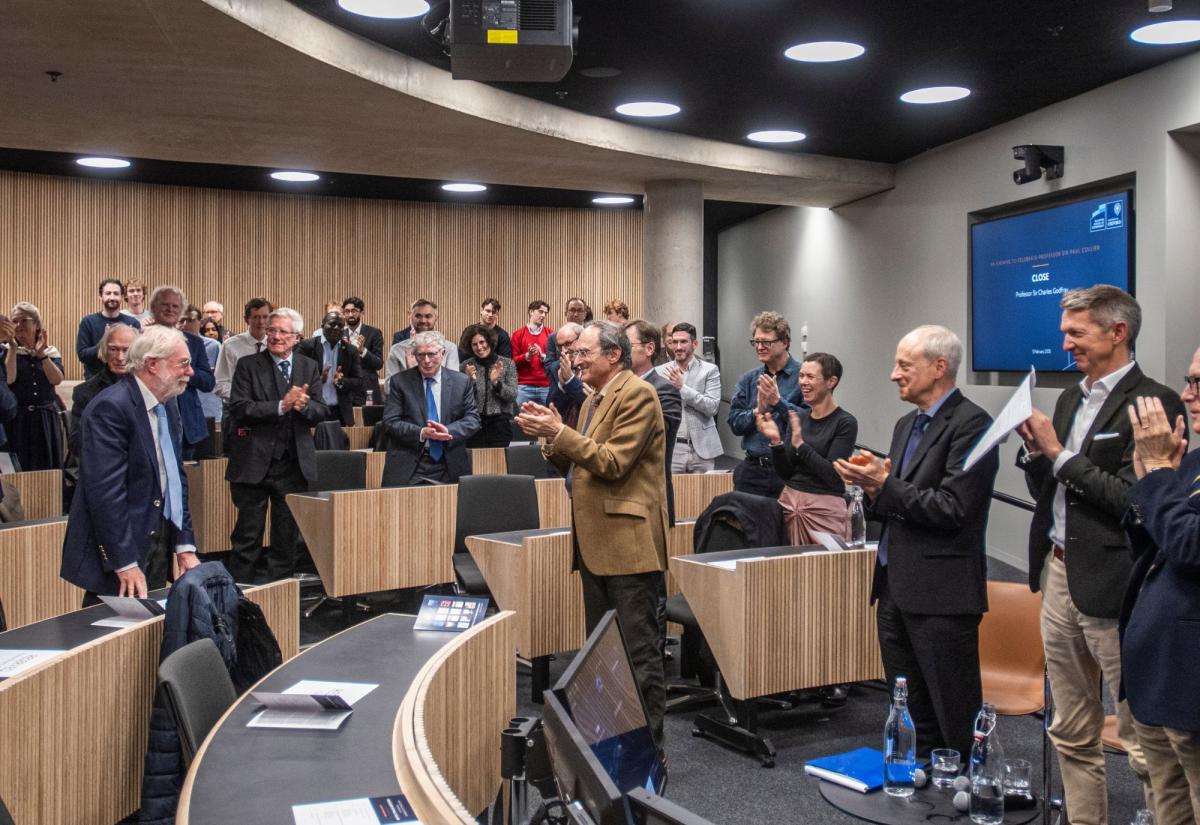Whether they are heads of governments or of businesses, leaders everywhere have to grapple with the outrage that characterises our modern times, according to a new book by Karthik Ramanna, Professor of Business and Public Policy, that was inspired by his teaching on the Blavatnik School’s Master of Public Policy.
The Age of Outrage: How to Lead in a Polarized World (Harvard Business Review Press) is a practical guidebook for leaders on how to manage when outrage is everywhere and organisations find themselves in the crosshairs.
As well as a practical how-to that draws on multidisciplinary research and several detailed case studies, the book reflects an animating value of the Blavatnik School of Government: the ability to collaborate across divides. This is particularly central to our Master of Public Policy (MPP) degree, which teaches current and future public leaders, and which Karthik directed from 2016 to 2023.
The book identifies the current drivers of outrage around the world and presents a five-step framework for how leaders can manage it, starting with turning down the temperature.
In the book’s introduction Karthik describes his experience joining the School, with the incredible diversity in the classroom creating not only richness, but the potential for debate to become rancorous. “The MPPs ranged in age from twenty-one to fifty-one and … have to date hailed from over 120 countries … the scope and range for fundamental disagreement in the new programme was tremendous.” Karthik and the rest of the faculty had to learn, along with the students, how to handle discussions when strong and conflicting ideologies and life experiences were present. The students’ ability to hear one another, build bridges, and find ways to work together would become as fundamental to their future leadership success as anything they learned about economics, law and policy.
The book’s acknowledgements thank “my students from the Oxford MPP, who bravely took a course with me on leadership in the age of outrage, even before I had a conceptual structure to offer … We have learned collectively from this experience – and it is from this learning that I hope you are building all the ‘unlikely coalitions’ that this world sorely needs today.”



